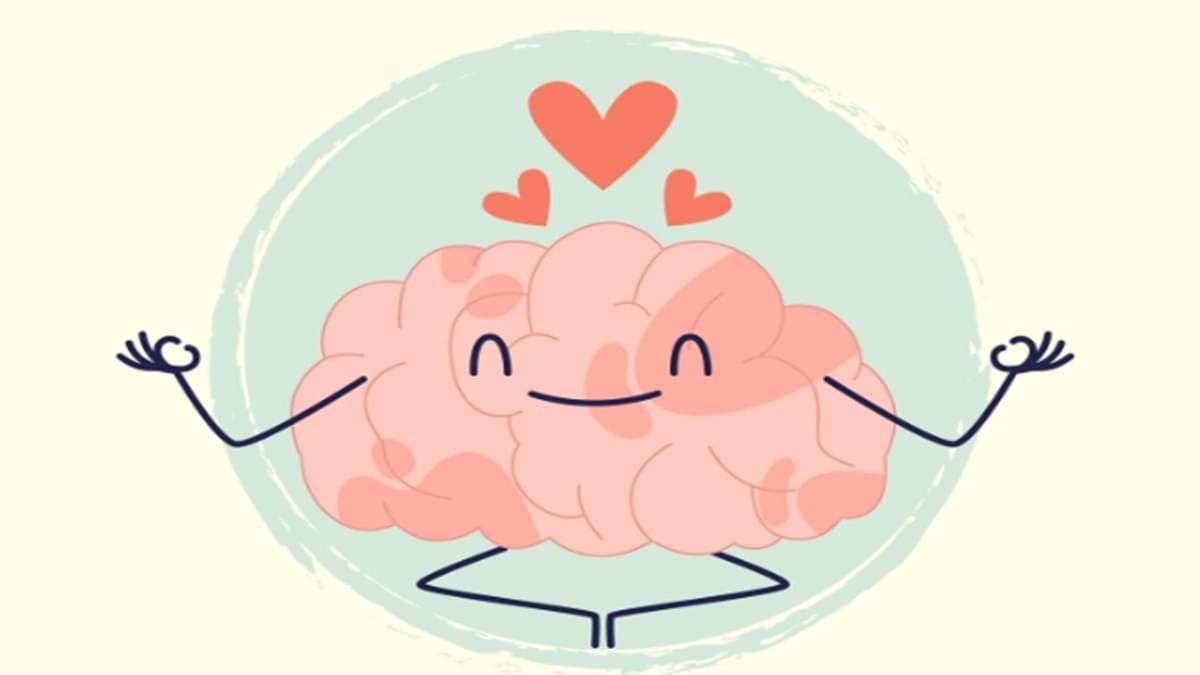
Brain Day 2025 | Image:
Freepik
The brain is considered the control centre of the human body, responsible for movement, memory, thinking, emotions and coordination. Despite the significance, brain health often remains overlooked until a problem arises.
World Brain Day is observed to bring attention to neurological health, promote early detection of brain disorders and encourage people to take proactive steps toward protecting their cognitive well-being.

World Brain Day 2025: History
World Brain is observed every year on July 22 to raise global awareness about brain health and neurological conditions. The initiation of this campaign was held in 2014 by the World Federation of Neurology (WFN), a recognised international organisation, as a platform to educate the public about brain-related disorders.
World Brain Day 2025: Significance
The day serves as a reminder that brain health is a shared responsibility among the government, healthcare professionals, caregivers and individuals who play a significant role in spreading awareness and supporting early intervention.
Some Common Brain Disorders and Early Warning Signs
Several common brain disorders have warning signs that, when recognised, lead to timely diagnosis and treatment. Here are some common brain disorders that you can watch for, according to the neurologists:
Stroke: Sudden weakness on one side of the body and slurred speech.
Epilepsy: Unusual sensations, brief moments of confusion, twitching or staging spells.
Alzheimer’s disease: Forgetting recent events, difficulty finding words, and changes in mood or personality.
Parkinson’s disease: Tremors, slowed movements, stiffness and disturbed sleep cycle.
Multiple Sclerosis (MS): Numbness, vision problems, fatigue, trouble with coordination.
Brain Tumours: Persistent headaches, vision changes, nausea and unexplained mood swings.
How to keep the brain healthy?
Eat a balanced diet: Consume food that is rich in antioxidants, healthy fats and vitamins such as leafy greens, berries, nuts, seeds and whole grains.
Regular physical activity: Engage in regular exercise as it boosts blood flow to the brain and reduces the risk of memory decline and mood disorders.
Prioritise sleep: Take 7-9 hours of quality sleep each night to allow the brain to reset, repair and process information.
Stay mentally active: You can engage your brain with multiple activities, such as reading, solving puzzles and learning a new skill or playing memory games.
Manage Stress: Chronic stress can affect brain function over time. You can practice relaxation techniques such as deep breathing, meditation or yoga.
Schedule regular health check-ups: Early screening for cognitive health can help detect issues before they progress.

